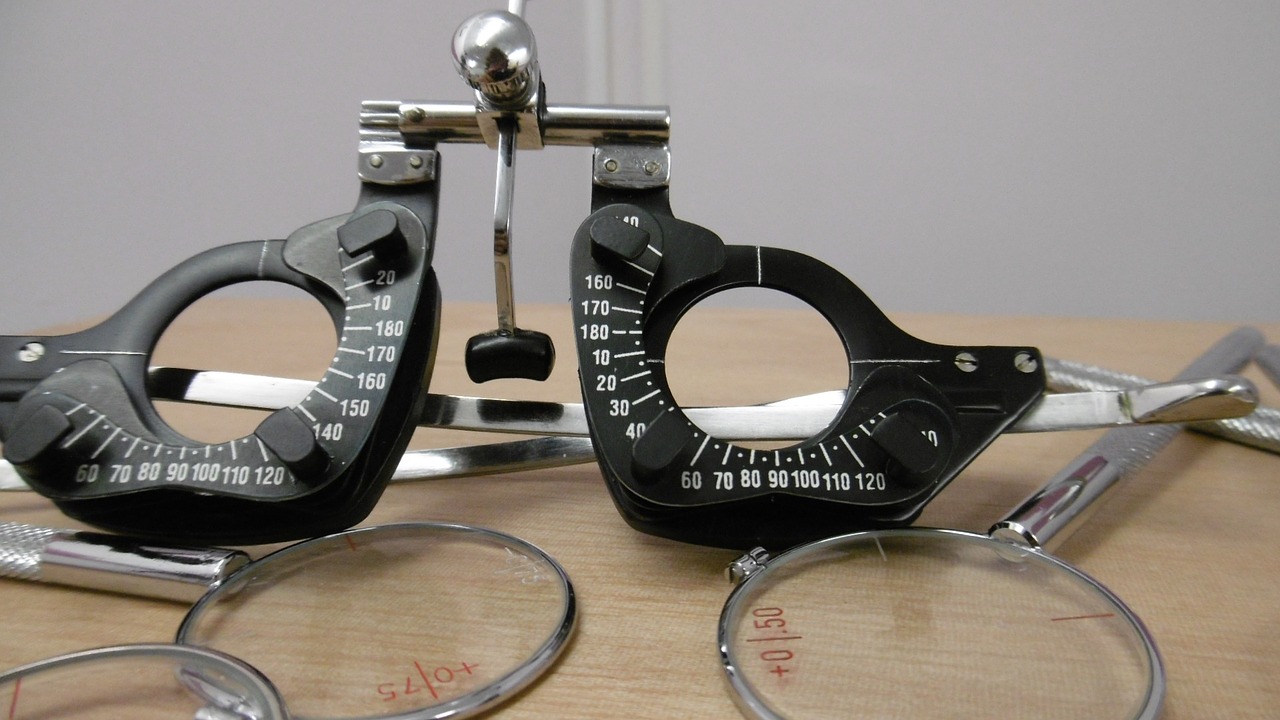What is a comprehensive eye exam?
A comprehensive eye exam is a series of tests conducted by an optometrist or ophthalmologist. These tests are aimed at detecting any problems with your vision and any signs of eye disease.
What tests are involved in a comprehensive eye exam?
Tests may vary depending on what your optometrist or ophthalmologist deems appropriate for your case. However, most comprehensive eye exams will include the following:
- Patient history: Asking about your personal and family medical history to identify your risk factors for eye problems.
- Visual acuity: What you might typically think of when you think of an eye exam — assessing your vision by reading rows of letters which get progressively smaller.
- Refraction: Determining your prescription for glasses.
- Visual field testing: Assessing your peripheral (side) vision. This is important for early detection of glaucoma.
- Cover test: Alternating between covering your right and left eye while you stare at a faraway target. This test checks for strabismus (misalignment of the eyes) and amblyopia (“lazy eye”).
- Slit lamp: Using a “slit lamp” microscope to examine the front parts of your eye (including the eyelids, cornea, iris, and lens).
- Tonometry: Measuring the pressure inside your eye. High intraocular pressure (IOP) can cause glaucoma.
- Ophthalmoscopy: Using an eye drop to dilate (widen) your pupils, then using an instrument to look through the pupil to the back of the eye (including the retina, optic disc, and blood vessels).
Image Source: RyanJLane
What is the difference between a comprehensive eye exam and a vision screening?
Vision screenings are brief exams which aim to identify if you have or are at high risk for vision problems. Following a vision screening, you may be referred to an optometrist or ophthalmologist for a comprehensive eye exam. Only an exam by one of these two eye specialists can give you a diagnosis and treatment plan for any vision problem or eye disease.
It is important to note that vision screenings are a quick but imperfect method to help with early detection of vision problems. “Passing” a vision screening does not necessarily mean that your eyes are in perfect shape — you will still need a comprehensive eye exam to evaluate your eye health!
When should you get a comprehensive eye exam?
The American Optometric Association recommends that children receive a comprehensive eye exam at age 6-12 months, at age 3-5 years, once before first grade, and once a year after that. They recommend that adults (18+) receive a comprehensive eye exam once every two years until age 65, and once a year after that. However, these are general guidelines — depending on your personal risk factors for eye problems, your healthcare provider may recommend more frequent exams.
Feature Image Source: bspence81.










